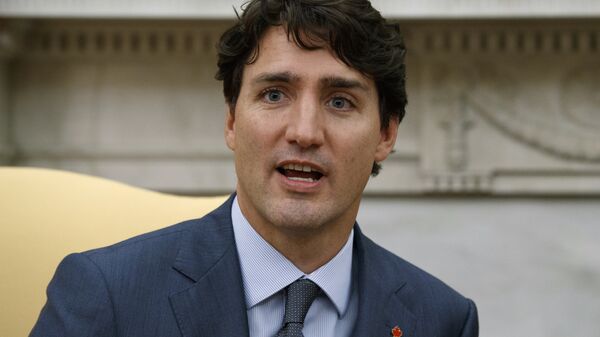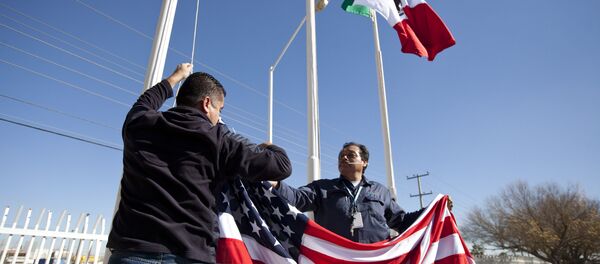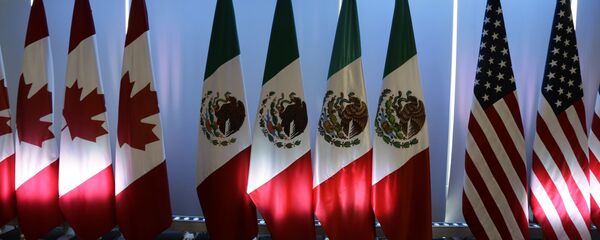Trudeau conceded Monday that Canada might ratify the new NAFTA agreement — also known as the US-Mexico-Canada Agreement, or USMCA — even if the US retains its tariffs on steel and aluminum imports.
"We would much rather have genuine free trade with the United States, so we're going to continue to work as soon as we can to lift those tariffs, but we're not at the point of saying that we wouldn't sign if it wasn't lifted, although we're trying to make that case," Trudeau said, noting that the US-imposed tariffs are "a continued frustration."
When asked whether he trusts US President Donald Trump to stay true to the terms of the trilateral agreement, Trudeau avoided giving a direct answer, saying he acknowledges that every nation's leader has the right to prioritize their own country's interests.
"Every leader has the job of sticking up for their own country, and they will do it in their own ways," Trudeau said. "I respect the fact that people have different approaches to it. My approach is to trust Canadians and deal in a way that is direct with other leaders."
The United States managed to maintain more or less zeroed trade balance until the 1970s. In 1971, the Nixon administration stopped backing US dollars with gold, and almost immediately the trade deficit started to grow. Following a brief period of rise in the late 1980s, the deficit rose sharply in the years following the signing of NAFTA in 1992, and then immediately leapt even further after China entered the World Trade Organization in 2001. In 2009, the trade balance recuperated somewhat, only to continue on its negative slope. In 2017, the deficit was estimated at approximately $600 billion.




